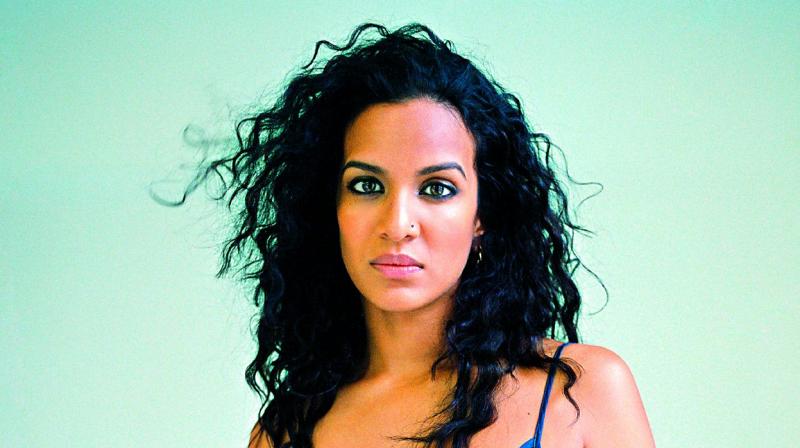Fusion should not be the only way: Anoushka Shankar

There’s no questioning sitarist Anoushka Shankar’s repute as a musician. One would think that after being nominated six times for a Grammy award — most recently this past week, when her latest album Land Of Gold was nominated for Best World Music Album — Anoushka would believe she’s arrived.
But ahead of her performance in Hyderabad on Sunday, Anoushka says that being a musician is a choice she has to make every day. “When I was around 12, I started performing and learning music a bit deeply. At 18, I decided not to go to college and focus entirely on music. Those were key moments in my career, but it’s also a choice every day: Deciding to be an artist, deciding to be a musician is a daily commitment,” she says.
The daughter of the late Pt Ravi Shankar, Anoushka may have followed her father’s footsteps in her career, but insists that it was her mother, Sukanya, a dancer and a singer herself, who paved the way. Anoushka says, “My mum was the one who exposed me to Indian music and culture and art first, and fostered a love of that in me. And as a strong, independent woman, she enabled me to learn an instrument in a traditional way but in a modern setting, and helped me to be an individual.”
Her father, however, made sure that she was never forced into becoming a musician — even with the added pressure of being not just his student, but his daughter, too. “It was a different, intense relationship that was very beautiful. As a teacher, for all his students, he had really high expectations and he pushed people,” Anoushka says, adding, “He was also clear that he wanted me to be happy. So no one was forcing me to play if I didn’t want to.”
Not many know that Anoushka’s parents were also married here! “I haven’t spent much time in the city but it’s where my parents got married and I was there for their wedding, so my memories of the city are very happy and vivid,” she says.
For Land Of Gold, her eighth studio album, Anoushka says that the essence of live music inspired the album. “Sometimes in the studio, things get over-produced but I really wanted that at its heart: Live musicians playing together. So even though the album has many genres and is electronic in a lot of places, each piece has a core of myself and a few other musicians really playing it. Thematic-ally, the music was in response to the ongoing refugee crisis, and about injustice within humanity overall,” explains Anoushka.
The musician specialises in fusing classical Indian music with contemporary styles from around the world. But Anoushka laments the way Indian classical music is promoted: “We have so many good classical festivals around the world, but beyond that there’s no space for purely classical music — there’s no money in it, there’s no support for it. So people obviously have to put a spin on things (to make it relevant). I wish that would change. I don’t think there’s anything wrong with it, I do it myself! But it shouldn’t be the only way.”

